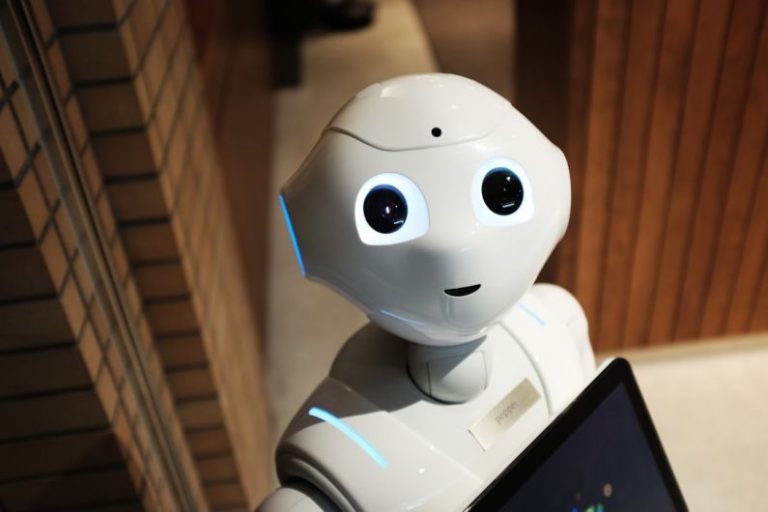The Future of Smart Homes
With the rapid advancements in technology, smart homes have become an integral part of modern living. These innovative homes are equipped with interconnected devices and systems that provide convenience, efficiency, and enhanced security for homeowners. As we look towards the future, the evolution of smart homes is poised to revolutionize the way we live. From increased automation to improved energy efficiency, the future of smart homes holds exciting possibilities that aim to enhance our quality of life.
The Rise of Artificial Intelligence in Smart Homes
Artificial intelligence (AI) is set to play a significant role in shaping the future of smart homes. With AI-powered devices becoming more prevalent, smart homes will be able to learn and adapt to the preferences and habits of their occupants. This means that smart home systems will become more intuitive and predictive, anticipating the needs of homeowners and adjusting settings accordingly. From adjusting the temperature to optimizing energy usage, AI will enable smart homes to operate more efficiently and effectively.
Enhanced Connectivity and Interoperability
One of the key challenges in the current smart home landscape is the lack of seamless connectivity and interoperability between different devices and platforms. However, the future of smart homes will see a greater emphasis on standardization and integration, allowing devices from various manufacturers to communicate with each other effortlessly. This interoperability will not only improve the user experience but also open up new possibilities for innovative applications and services within the smart home ecosystem.
The Evolution of Voice Control and Virtual Assistants
Voice control has become a popular feature in many smart home devices, allowing users to control various functions with simple voice commands. As we move into the future, voice control technology is expected to become even more sophisticated, enabling users to interact with their smart homes in more natural and conversational ways. Virtual assistants, powered by AI, will also become more integrated into smart home systems, providing personalized assistance and recommendations based on the user’s preferences and habits.
Advanced Security and Privacy Measures
As smart homes become more interconnected and data-driven, ensuring the security and privacy of homeowners will be paramount. In the future, smart home systems will incorporate advanced security measures, such as biometric authentication, encryption, and secure communication protocols, to protect sensitive data and prevent unauthorized access. Additionally, regulatory frameworks and industry standards will continue to evolve to address the growing concerns around data privacy and security in smart homes.
Energy Efficiency and Sustainability
With a growing focus on sustainability and energy conservation, the future of smart homes will prioritize energy efficiency and environmental sustainability. Smart home systems will leverage sensors, automation, and predictive analytics to optimize energy usage, reduce waste, and lower utility costs. Homeowners will have greater visibility and control over their energy consumption, allowing them to make informed decisions that align with their sustainability goals.
The Role of Augmented Reality and Virtual Reality
Augmented reality (AR) and virtual reality (VR) technologies are poised to revolutionize the way homeowners interact with their smart homes. AR applications can provide real-time information and visualizations of smart home devices and systems, allowing users to monitor and control their homes in an immersive and interactive way. VR experiences, on the other hand, can simulate different scenarios and configurations within the smart home environment, enabling users to test out new setups and designs before implementation.
Innovations in Health and Wellness
The future of smart homes will also see innovations in health and wellness technologies that are integrated into the home environment. From smart appliances that promote healthy eating habits to sensors that monitor indoor air quality and wellness metrics, smart homes will play a key role in supporting the well-being of their occupants. Personalized health insights and recommendations will be delivered through smart home systems, empowering users to make informed choices that enhance their overall quality of life.
Embracing the Future of Smart Homes
As we look ahead to the future of smart homes, it is clear that these innovative living spaces will continue to evolve and transform the way we interact with our living environments. With advancements in AI, connectivity, security, energy efficiency, AR/VR, and health technologies, smart homes are poised to become more intelligent, intuitive, and personalized than ever before. By embracing these changes and innovations, homeowners can look forward to a future where their homes are not just smart but truly transformative in enhancing their everyday lives.






